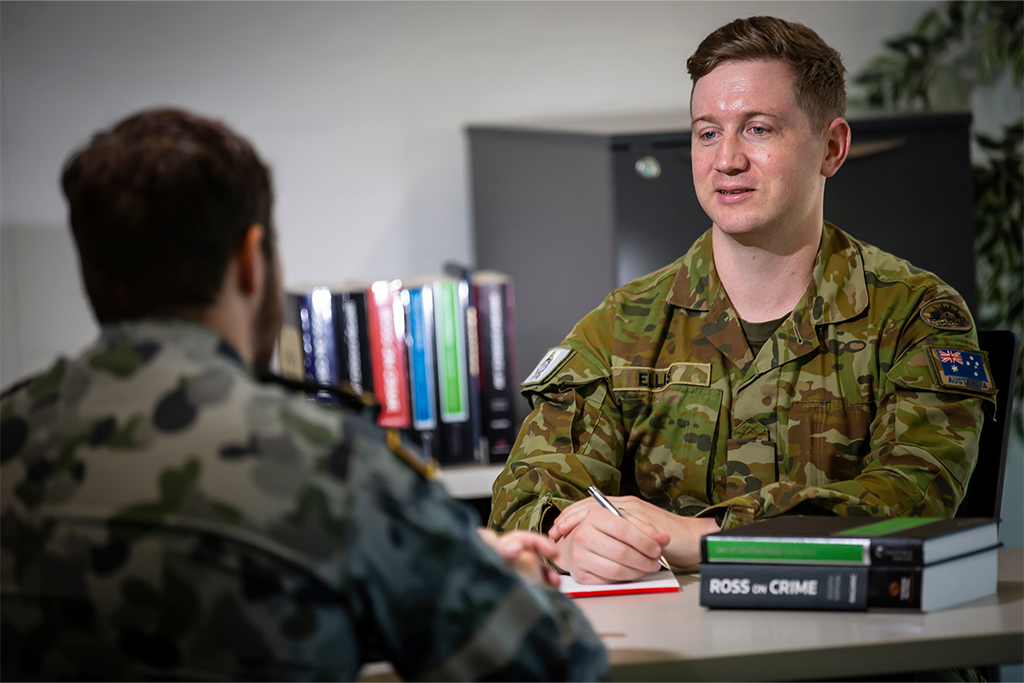Powers of Attorney – who should you trust?

Cryptocurrency – a wild ride!
December 17, 2018
Buying a car – a case study in why you must do a prepurchase inspection
March 4, 2019When you appoint somebody as your power of attorney, you are placing an enormous amount of trust in that person. You are giving them the legal authority to act on your behalf. This means that, for example, they can buy and sell assets, operate bank accounts and enter into contracts, as if they were you.
While we advise you to only proceed down this road with caution, having someone who can legally act on your behalf, can have benefits for ADF members. In particular, if you are being deployed you may want someone to be able to manage your financial affairs while you are away.
There are different types of powers of attorney; general, enduring and medical.
General power of attorney
A general power of attorney allows someone to make financial and legal decisions for you, usually for a specified period of time. For example, if you’re going overseas and unable to manage your finances while you are away, you may appoint a power of attorney that commences on the day you leave and ends on the day you are scheduled to return home.
An appointment under a general power of attorney becomes invalid if you lose the capacity to make decisions for yourself.
Enduring power of attorney
An enduring power of attorney is similar to a general power of attorney in that you are appointing someone to make legal and financial decisions for you, however it remains valid if you lose mental capacity. It is possible to make an enduring power of attorney that only comes into effect should you lose the capacity to make your own decisions.
Medical power of attorney
A medical power of attorney allows someone to make only medical decisions on your behalf if you become physically or mentally incapable of doing so yourself.
Limiting a power of attorney
You can limit a power of attorney, for example you may appoint someone for a specific period of time, or you could place dollar limits on the transactions you allow them to make.
If you are thinking about granting someone this power, only ever appoint someone you trust implicitly, who is likely to be around when you need them. Ultimately, the documents you choose to draw up will depend on your situation, and the responsibilities you are happy to entrust to others.
Seek legal advice to ensure you have all the relevant information to make this decision and that the documents are drawn and executed properly. Your local ADF Legal Officer should be able to give you information on the best way to find a suitable lawyer.






